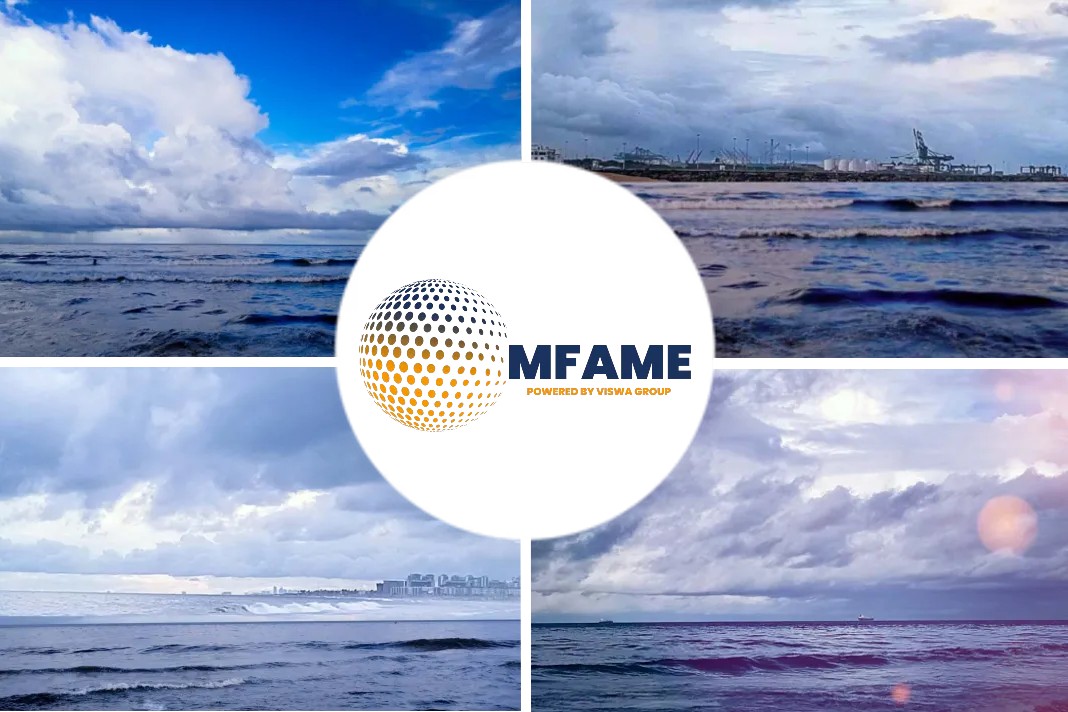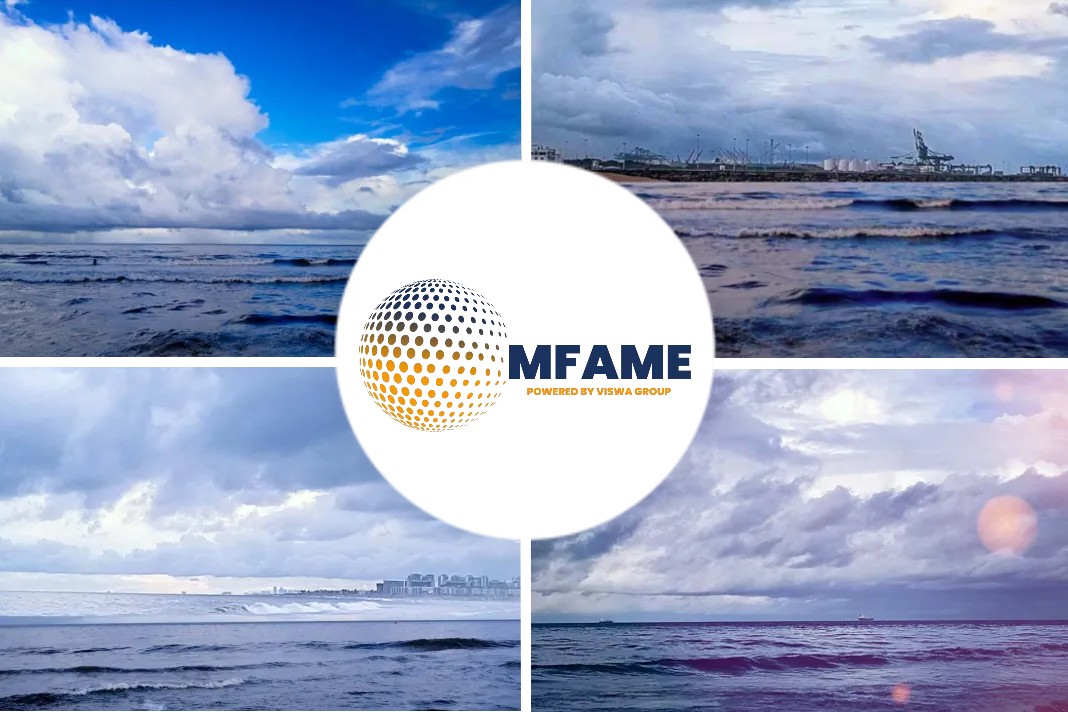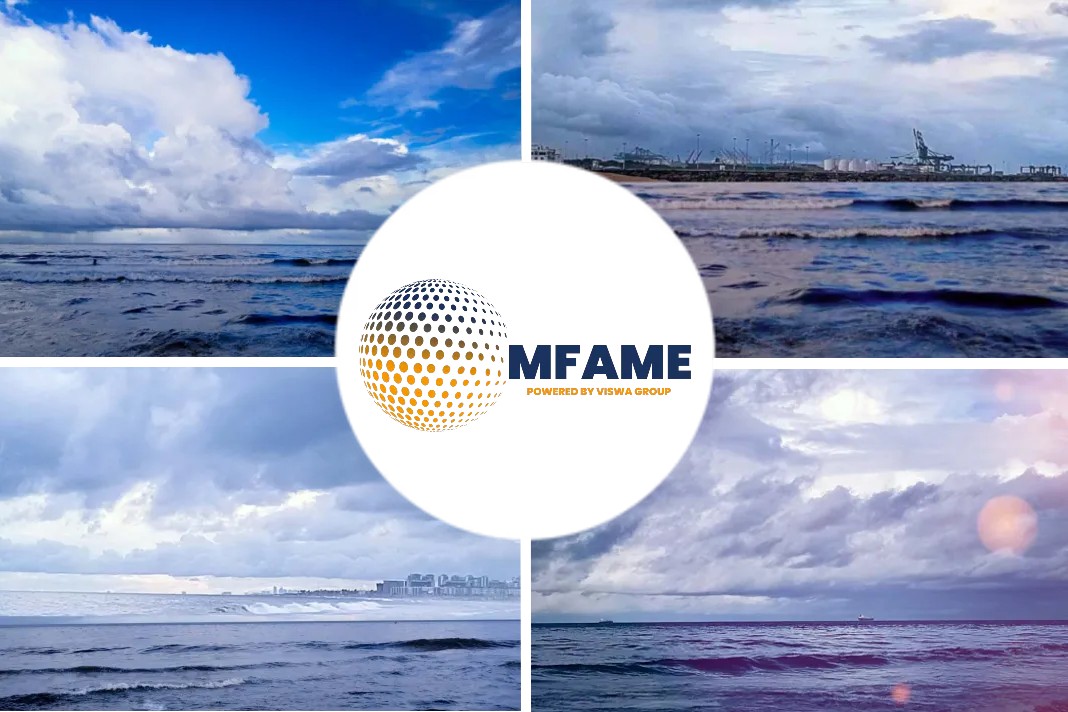While European Commission is to announce whether or not it will extend the BER later this year having combed through many submissions from across the world, ITF fires back in European block exemption debate, reports Splash 247.
Debate on BER getting personal
The debate over whether or not the European Commission should extend container shipping’s block exemption regulation (BER) next year has got personal with liner lobbying group World Shipping Council yesterday attacking the regulation’s most vocal opponent.
Olaf Merk, the ports and shipping expert at the Organisation for Economic Co-operation and Development’s (OECD) International Transport Forum (ITF), has authored two extensive reports in recent months.
What is in the report?
In that he explains why he feels containerlines should no longer enjoy the BER.
The most recent report issued last week stated that liner alliances now have too strong a market share above the EC 30% maximum, to necessitate the special treatment they have received from Brussels.
WSC’s listings to the EC
The Washington DC-based World Shipping Council has now fired back, taking aim specifically at Merk.
The council submitted a paper to the European Commission yesterday listing what it viewed as the key failings of the latest ITF report.
Key failings listed
“The Report has not been endorsed by the ITF but merely reflects the subjective views of a single individual: Mr. Olaf Merk,” the council noted, going on to suggest that it was impossible to understand, let alone verify, the data presented in Merk’s 57-page study published recently.
“The presentation of data is meaningless unless the intended audience can understand, and verify as needed, the data that is being presented,” the council claimed, observing that many of the charts in the ITF report came from different data sources that were then combined.
“This is extremely troubling because combining data sources is an inherently problematic exercise; if attempted, it must always be accompanied by transparent explanations. There is no such transparency in Annex 1. In particular, it is unclear how capacities have been calculated and attributed to different trades. Accordingly, all the conclusions drawn in the first section of the Report are unsound,” the council stated, referring to charts relating to liner alliance market shares.
A deficient analysis
The council then went on to say that Merk’s analysis was “deficient”.
“No reliable conclusions can be drawn from data this far removed from reality,” the council urged.
The council concluded by stressing to the European Commission, “given that the Report is riddled with fundamental flaws and that – in any event – it has not been formally submitted to the Commission, WSC submits that the Report should be disregarded in its entirety for the purpose of the Evaluation.”
Awaited Merk’s response
Merk is expected to respond to the criticism later today.
While explaining why he has pursued the issue so doggedly, Merk said he had “a fascination with how a specific sector has managed to get and sustain a tailor-made regulatory system”.
Did you subscribe to our daily newsletter?
It’s Free! Click here to Subscribe!
Source: Splash 247





















